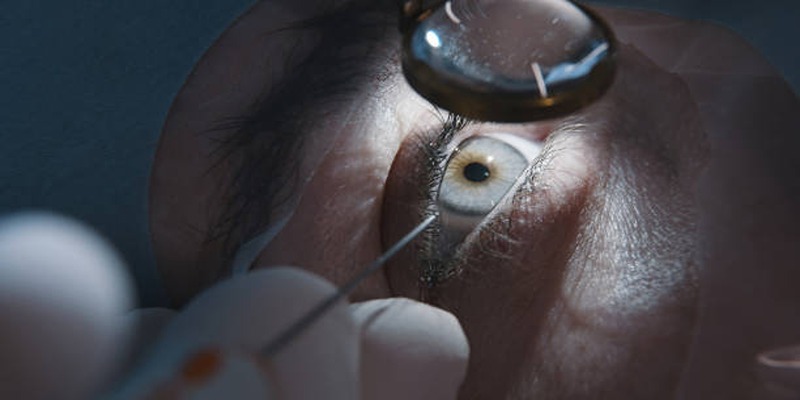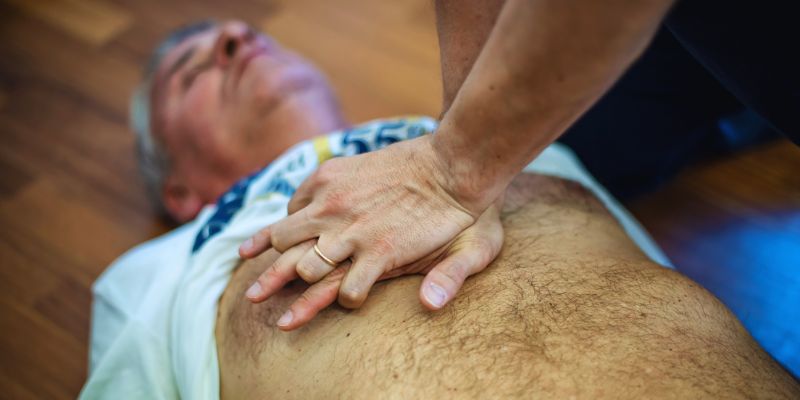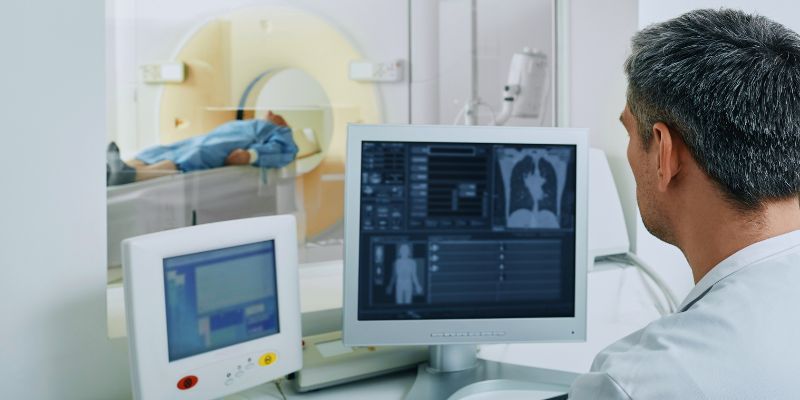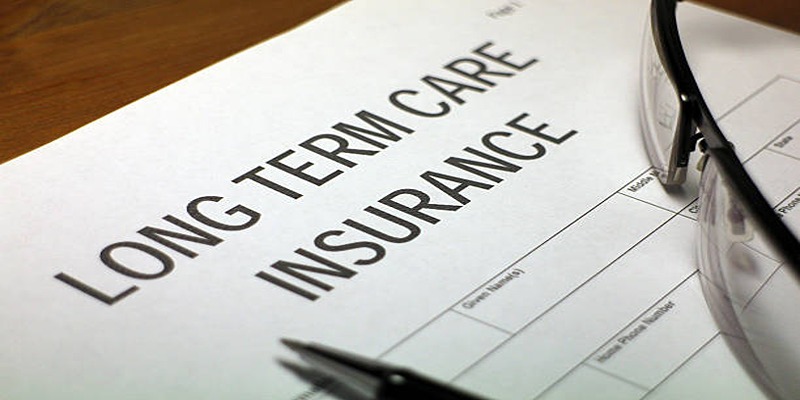Can Hormone Therapy Cause Muscle Loss: Everything You Should Know
For many people, hormone treatment offers balance and relief, therefore transforming their lives. But it also begs a significant question: Is it possible for hormone treatment to induce muscle loss? Maintaining muscle mass, strength, and general fitness depends largely on hormones. Whether from therapy, aging, or disease, hormone changes affect your muscles. Many worry about losing size and strength throughout hormone treatment.
However, the results rely on several elements, such as the type of hormone treatment, age, lifestyle, and diet. Knowing how hormones interact with your muscles can enable you to make wise decisions. This article will review the relationship between hormone treatment and muscle health, answer typical questions, and advise how to preserve your muscles during any treatment.
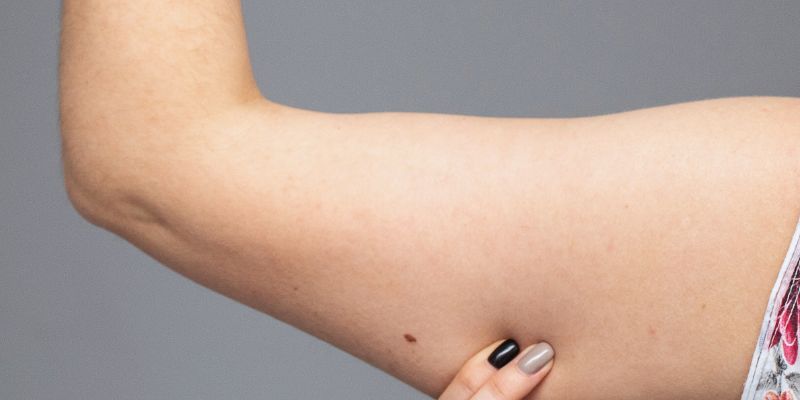
What Is Hormone Treatment?
Hormone therapy is a medical intervention whereby medication either raises or lowers body hormone levels. Chemicals called hormones control basic body processes, including metabolism, growth, and muscular condition. Consequently, general well-being depends on keeping a correct balance of hormones.
Doctors sometimes advise Hormone treatment to treat different medical conditions, including:
- Like heat flashes, mood swings, and physical weakness, menopause symptoms in women also affect.
- Gender-affirming hormone therapy is meant to assist transgender people through their transition.
- Thyroid diseases affect general physical condition and metabolism.
Maintaining muscular mass and strength calls especially for key hormones, including estrogen, and progesterone. Muscle loss, lower strength, and less general fitness can all follow from an imbalance in these hormones. Hormone treatment seeks to balance things out and enhance physical condition. Knowing the link between hormones and muscle condition enables people to decide on their therapy with knowledge.
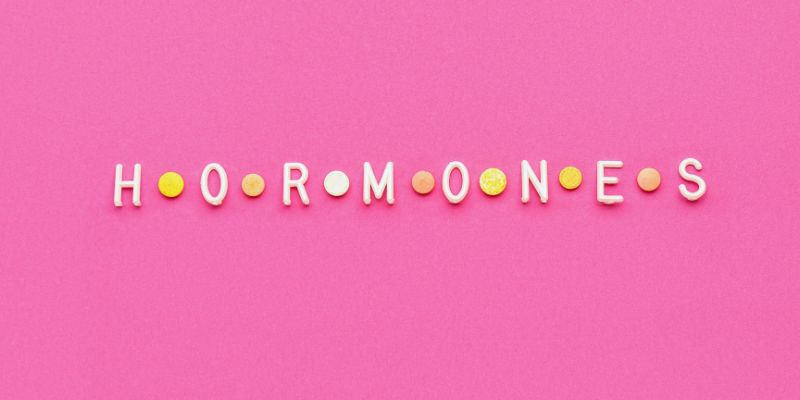
How Do Hormones Affect Muscle Health?
Maintaining muscular health depends heavily on hormones. These chemical messengers control general operation, repair, and muscular development. Key hormones like oestrogen, and growth hormone directly affect muscle mass, strength, and recovery.
Estrogen also benefits muscular health by lowering inflammation and improving recovery. Important for preserving strength, growth hormone promotes tissue healing and muscle regeneration. Hormonal imbalances can cause muscle loss, weakness, and lower endurance. Hormonal therapy, aging, medical diseases, and other factors might throw off hormone levels, influencing muscle conditions.
How Can Hormone Therapy Cause Muscle Loss?
Depending on the type of treatment and personal circumstances, hormonal therapy can occasionally cause muscle loss.
1. Estrogen Replacement Therapy and Muscle Changes
One often-used treatment for women experiencing menopause is estrogen replacement therapy.
- Estrogen levels drop in menopause, which also causes muscle mass to drop.
- During the reproductive years, estrogen helps maintain muscular mass.
- Muscle breakdown can exceed development as estrogen levels drop, causing muscle loss.
2. Side Effects of Long-Term Hormone Use
Hormone treatment used long-term can have other negative effects influencing muscular condition.
- Extended estrogen treatment can alter metabolism.
- Weight gain brought on by this might strain muscles very heavily.
- Furthermore, hormonal fluctuations influence general physical activity levels.
3. Gender-Affirming Hormone Therapy
Often part of gender-affirming treatment, transgender people receive hormone treatment.
How to Minimize Muscle Loss During Hormone Therapy?
If you are planning or undergoing hormone treatment, acting early will help preserve your muscle integrity. Here are some basic techniques to keep your muscles intact while on treatment.
- Engage in Regular Strength Training: Strength training is one of the best approaches to maintaining muscle mass. One should pay close attention to activities aimed at several muscle groups. Excellent exercises are deadlifts, push-ups, and squats. Using resistance bands or lifting weights helps your muscles grow and maintain their strength. Frequent strength exercises also enhance general body stability and coordination.
- Prioritize Nutrition and Protein Intake: Muscle development and repair depend critically on protein. Ensure your diet comprises lean protein sources, including almonds, beans, chicken, and fish. Apart from protein, don't undervalue the need for vitamins and minerals, which support general health and preserve muscle function. Foods high in minerals, including calcium, magnesium, and vitamin D, are particularly helpful for muscle maintenance and general well-being.
- Incorporate Cardio and Flexibility Training: Cardiovascular activities such as walking, jogging, and cycling will improve your general fitness and endurance. Furthermore, flexibility workouts, including yoga and stretching programs, help to preserve muscle elasticity and avoid injuries. Maintaining muscle mass and general health throughout hormone treatment depends primarily on a well-balanced exercise program combining aerobic, strength-building, and flexibility activities.
- Consult with Your Healthcare Provider: See your healthcare provider first if you are beginning or switching any hormone treatment. Your doctor can design a specific hormone regimen fit for your needs. This schedule can include dietary recommendations, workout routines, and hormone dosage changes. Your doctor's advice guarantees a balanced approach that reduces muscle loss while meeting your general health objectives.
- Monitor Your Muscle Health Regularly: Monitoring your muscular condition will enable you to identify early changes. Regular visits with your healthcare provider will enable you to assess muscular strength and size through body measures and physical fitness tests. Early identification of possible muscle loss allows you to respond with corrections to stop major decreases. Proactive monitoring and treatments that help to preserve muscle mass support long-term physical health.
Conclusion:
Hormone treatment can affect muscle conditions in general, but preemptive measures help to reduce muscle loss. Maintaining muscle mass is doable with strength training, a good diet, flexibility exercises, or consistent doctor visits. Knowing how hormones interact with muscles and acting preventively will help preserve your general health and physical strength. Frequent monitoring and a well-balanced approach to nutrition, exercise, and medical advice guarantee that any muscle alterations are taken early care of. Prioritizing these techniques will help you keep strong and fit and preserve your muscular condition, allowing you to experience all the advantages of hormone treatment.


